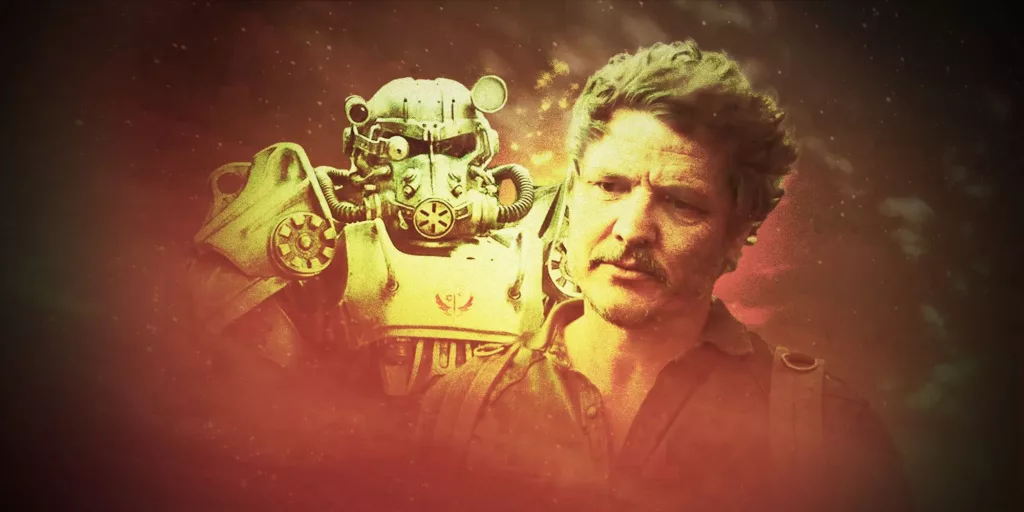In the ever-evolving landscape of video game adaptations, two titans have emerged, each carving its own distinct path to critical and commercial success. Amazon’s “Fallout” and HBO’s “The Last of Us” have captivated audiences worldwide, showcasing the boundless potential of translating beloved gaming franchises to the small screen. However, their divergent approaches highlight the versatility and creativity required to breathe life into these beloved properties.
“The Last of Us,” helmed by Craig Mazin and Neil Druckmann, has garnered widespread acclaim for its faithful adaptation of the iconic PlayStation game. By meticulously recreating the emotional journey of Joel and Ellie, the series has resonated with audiences, capturing the essence of the source material with stunning authenticity. Each episode unfolds like a love letter to fans, seamlessly transitioning pivotal moments from the game to the television screen, solidifying its status as a masterclass in adaptation.
On the other hand, “Fallout” has boldly ventured into uncharted territory, crafting an entirely original narrative within the rich tapestry of the Fallout universe. Rather than rehashing existing storylines, Amazon’s series has embraced the expansive lore and world-building that made the games so captivating, introducing fresh characters and plotlines that captivate both longtime fans and newcomers alike. This daring approach has allowed “Fallout” to forge its own identity, breathing new life into the post-apocalyptic wasteland while paying homage to the games’ iconic elements.
Despite their contrasting methods, both “Fallout” and “The Last of Us” share a common denominator: a profound understanding of what made their respective franchises so beloved in the first place. “The Last of Us” triumphs by capturing the emotional weight and character dynamics that lie at the heart of the game’s narrative, while “Fallout” excels by immersing viewers in the intricate world-building and unique aesthetics that have defined the series.
The success of these two adaptations serves as a resounding testament to the boundless potential of video game storytelling. They have shattered preconceived notions, demonstrating that with the right creative vision and a deep respect for the source material, gaming franchises can transcend mediums and captivate audiences on a global scale.
As the curtain falls on their respective first seasons, the excitement only builds for what lies ahead. “The Last of Us” is poised to delve into the narratively complex territory of its critically acclaimed sequel, while “Fallout” has been granted the freedom to continue exploring its original storyline, unshackled by predetermined narratives.
In the ever-evolving arena of video game adaptations, the triumphs of “Fallout” and “The Last of Us” represent more than just individual successes; they are emblematic of a paradigm shift, where the lines between gaming and traditional storytelling continue to blur. With each groundbreaking adaptation, the path is paved for future projects to push the boundaries of what is possible, ushering in a new era of transmedia storytelling that celebrates the rich tapestry of gaming lore.

